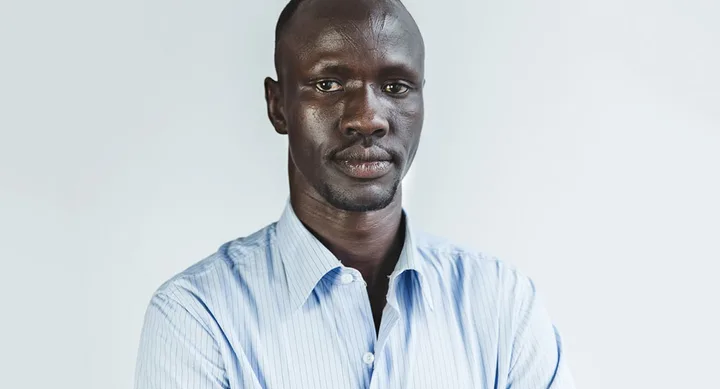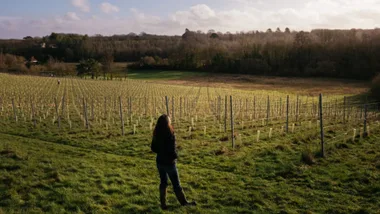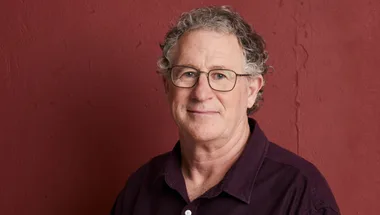JACKIE: You were taken from your village and trained as a soldier as a young boy. At 10, you were fighting in the Sudanese civil war. What are your memories of those times?
DENG: Disease, hunger and death. They were always around me, and everyone I knew, on a daily basis. For me it was about trying to survive.
JF: In your book you say, “We’re all dead anyway. It was just that some of us didn’t know it yet.” What did you mean?
DA: If you go to war and there are 10 of you, and you come back and there are two; then you go back the next day with another group and it’s the same, you know your time is going to come. Even if you think of going for a walk, you could tread on a mine. So there’s no one day when you sleep properly and say you will live tomorrow. You make a joke about death, you make a joke about being injured [Deng was shot in the back aged 10 and also suffered from cholera, dysentery and malnutrition]. Death is almost the most beautiful part because you’re not going to suffer anymore.
JF: You arrived in Australia aged 14, not speaking English, unable to read or write, and with little schooling. Now you’re a lawyer. How did you achieve that?
DA: I owe it to my brother, John, who made me focus on getting an education. We both graduated from the University of Western Sydney. And I would also read the Bible. It helped me settle my own war. It became a continuous way of learning, discovering myself.
JF: What have you discovered about yourself in Australia?
DA: I owe people. My brother lost his life, but what he did for me … priceless. The people who sponsored us to come here, I owe them. My friends, I owe them all. As I walk around I make a list of all the other people and the great things they have done for me in this country. It is gratitude that will keep me alive because I have to pay them back by all means.
JF: Bridging the two worlds – South Sudan and Australia – how did you do it?
DA: I embrace everything. I even embrace people who are racist, because we are living in a society in Australia, where we have freedom of expression. We try to make sense of what each other are saying… What do I like about Australia? Everything. This is paradise.
JF: Do you think Australians forget that no-one wants to be a refugee and leave their home and move away from everything they know?
DA: Yeah, it would be quite mad for anyone to think that someone would want to be a refugee. You don’t have much choice. When you come here as a refugee, especially as a person who had pride like my brother, John, being rejected is terrible. When he came here, nobody would give him a job, even though he was educated. [John went back to Sudan and was later murdered. Another 17 of Deng’s relatives lost their lives there.] Some refugees want to go home as soon as there is peace in their country. But many who want to stay can’t because they don’t have a job and feel humiliated, undignified. People become depressed because they can’t contribute and are seen as lesser human beings.
For the full interview, pick up the December issue of marie claire, on sale now.
Songs Of A War Boy (Hachette, $32.99) by Deng Thiak Adut and Ben Mckelvey is out now.










